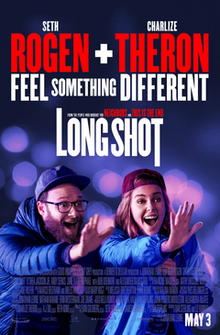
How did you sing like that? Acclaimed American soprano Roxane Coss (Moore) travels to an unnamed South American country to give a private concert at the birthday party of rich Japanese industrialist Katsumi Hosokawa (Watanabe) who’s allegedly building a factory in the vicinity. Just as an élite gathering of local dignitaries convenes at Vice-President Ruben Ochoa’s mansion, including French Ambassador Simon Thibault (Christopher Lambert) and his wife (Elsa Zylberstein), Hosokawa’s faithful translator Gen Watanabe (Ryo Kase), and Russian trade delegate Fyorodov (Olek Krupa), the house is taken over by guerrillas led by Comandante Benjamin (Tenoch Huerta) who believe the President is in attendance (he’s at home watching TV) demanding the release of their imprisoned comrades. Their only contact with the outside world is through Red Cross negotiator Joachim Messner (Sebastian Koch). A month-long standoff ensues in which hostages and captors must overcome their differences and find their shared humanity and hope in the face of impending disaster. Roxanne and Katsumi consummate their rapidly escalating love for each other while Gen falls for rebel Carmen (Maria Mercedes Coroy) as the military gather outside the building … He is always moved by your music. Adapted from Ann Patchett’s novel by director Paul Weitz and Anthony Weintraub, this might be another instance of be careful when tackling literary fiction: three mentions of telenovelas remind us that when you strip out the elevated language sometimes what you’re left with is a soap opera. And how unlikely much of this is, these people holed up in this nice residence, all getting along in this unreal idyll, even having sex, you just wonder where the butler is hiding the silver salver with the stacks of Ferrero Rocher and why it never occurs to anyone to escape not even when they’re wandering about that lovely tree-filled garden. Nonetheless Moore and Watanabe are both splendid and the underlying message that music is that other universal language is well made in this fantasy take on Stockholm Syndrome before it concludes in the inevitable bloodbath. What are the takeaways? Don’t adapt posh novels, stay out of South America where the natives are always revolting and for goodness’ sake don’t sleep with your kidnapper – or your biggest fan. It never ends well. Moore lip syncs to Renée Fleming. Are you sure they won’t shoot you? Not everbody likes opera








